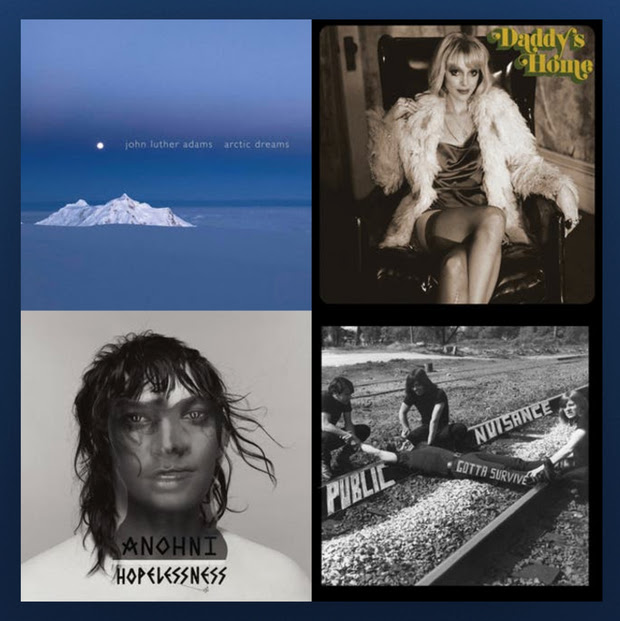A Question of Influence

In recent publicity events for The Last Vanishing Man , I have struggled with the question of influence. It keeps coming up because people seem to perceive the stories in the book as having different structures and styles from what they are used to — not bad, just different. "Where did this come from?" is a natural question following any such response. My answers have all be unsatisfying to me. Not inaccurate, because I always try to speak truthfully, but there is something deeply unsatisfying in saying, for instance, that "After the End of the End of the World" came into focus for me as I was reading the stories of Clarice Lispector and Gerald Murnane . This answer is unsatisfying because it provides hardly any useful information. If you like my story, there's no guarantee you'll like Lispector's or Murnane's stories (or vice versa); nor is it likely that if you read those writers that you will write anything like my story (because you're not ...


